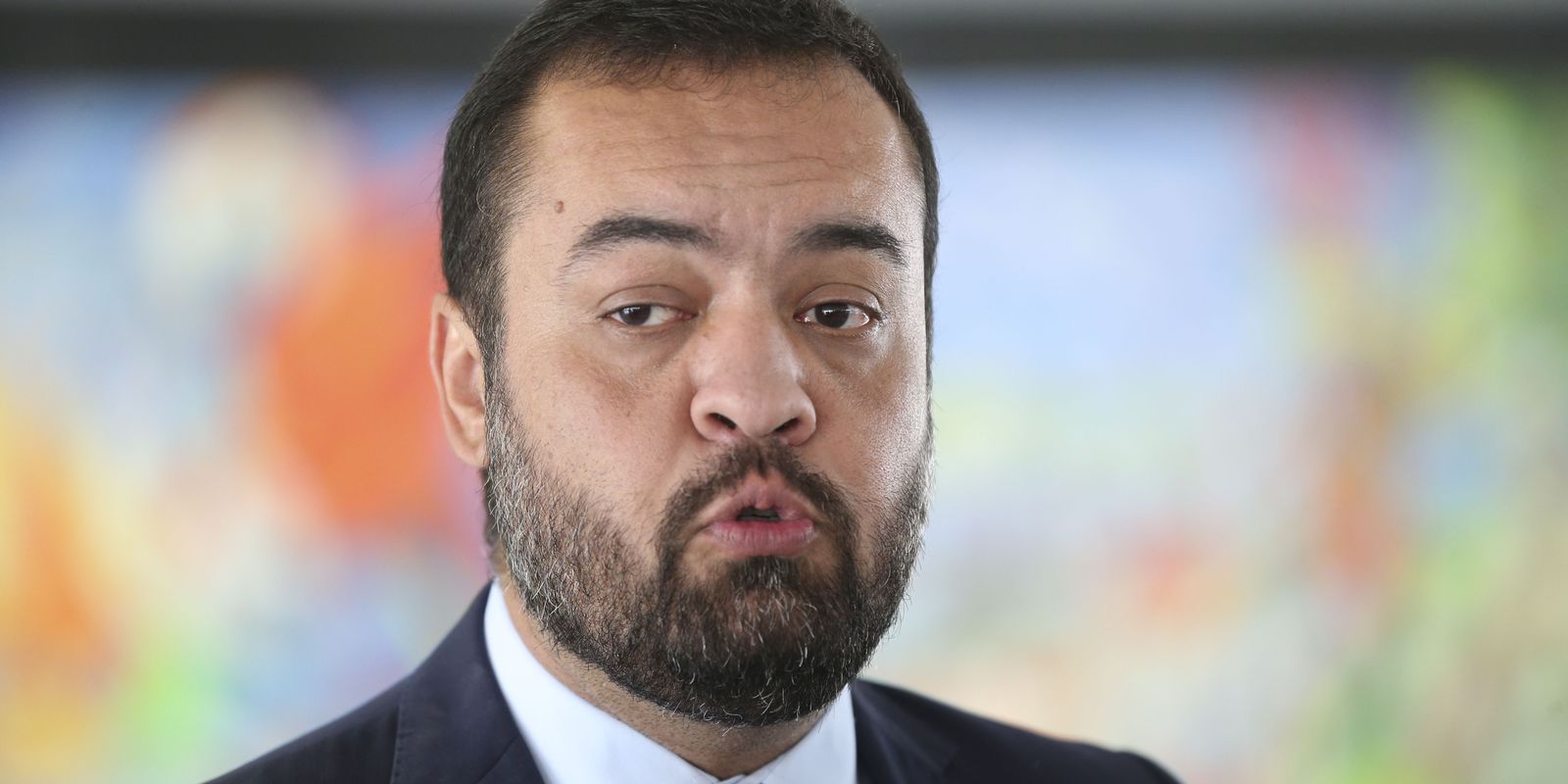The governor of Rio de Janeiro, Cláudio Castro, said today (12) that the state’s adhesion to the Tax Recovery Regime “is very well underway”, and assessed as secondary the issues that are still obstacles with the Ministry of Economy. Castro participated in a lunch promoted by the Commercial Association of Rio de Janeiro to present the 2022 Entrepreneur of the Year award to the founder of Multiplan, José Isaac Peres.
Last year, the state government presented to the ministry the Fiscal Recovery Plan approved by the Legislative Assembly of the State of Rio de Janeiro (Alerj). However, the planned spending cap and the triennium of state civil servants are still reasons for impasse.
“The economic part [do Ministério da Economia] already gave the ok. So, the plan is already standing, it is already sustainable. What we have are two legal issues that are totally marginal to the plan”, said the governor.
“The economic part approved and the legal part disapproved”, he pointed out.
Castro said that the two points questioned were modified in the plan during the discussion in the Legislative Assembly. “I understand that the assembly did the right thing, and two totally secondary issues should not prevent Rio from entering the regime.”
Conciliation
The divergence will be the subject of a conciliation hearing at the Federal Supreme Court (STF) on the 25th. The state obtained an injunction from Minister Dias Toffoli preventing the Union from executing its debts for three months and registering the state in the list of defaulters. The decision also ensured that the state remains in the Tax Recovery Regime for the same period.
In granting the injunction, the minister pointed out that, despite the unfavorable manifestation of the plan, the Attorney General’s Office of the National Treasury (PGFN) recognized that the Rio de Janeiro government had complied with requirements regarding the limitation of primary expenditures, the adoption of centralized financial management and privatization. of state-owned.
Rio de Janeiro joined the Tax Recovery Regime in 2017, as a way of rebalancing its accounts after a severe financial crisis. The plan provides for the suspension of payment of debts with the Union and imposes measures that lead to the reduction of expenses, such as freezing of salaries and privatizations. In the case of Rio, one of the requirements was the privatization of the State Water and Sewerage Company (Cedae), which took place last year.
In 2020 and 2021, Congress approved changes to the regime, easing the requirements and increasing the duration of the special regime from 6 to 10 years, with a 1-year deadline for submitting a new adjustment plan.
With the changes, Rio de Janeiro presented a new Fiscal Recovery Plan to extend the debt longer and make adjustments with more lenient rules than in the original plan. The new plan would allow for the rescheduling of another R$52.5 billion in debt with the Union by 2030, in addition to the R$92 billion currently suspended.









